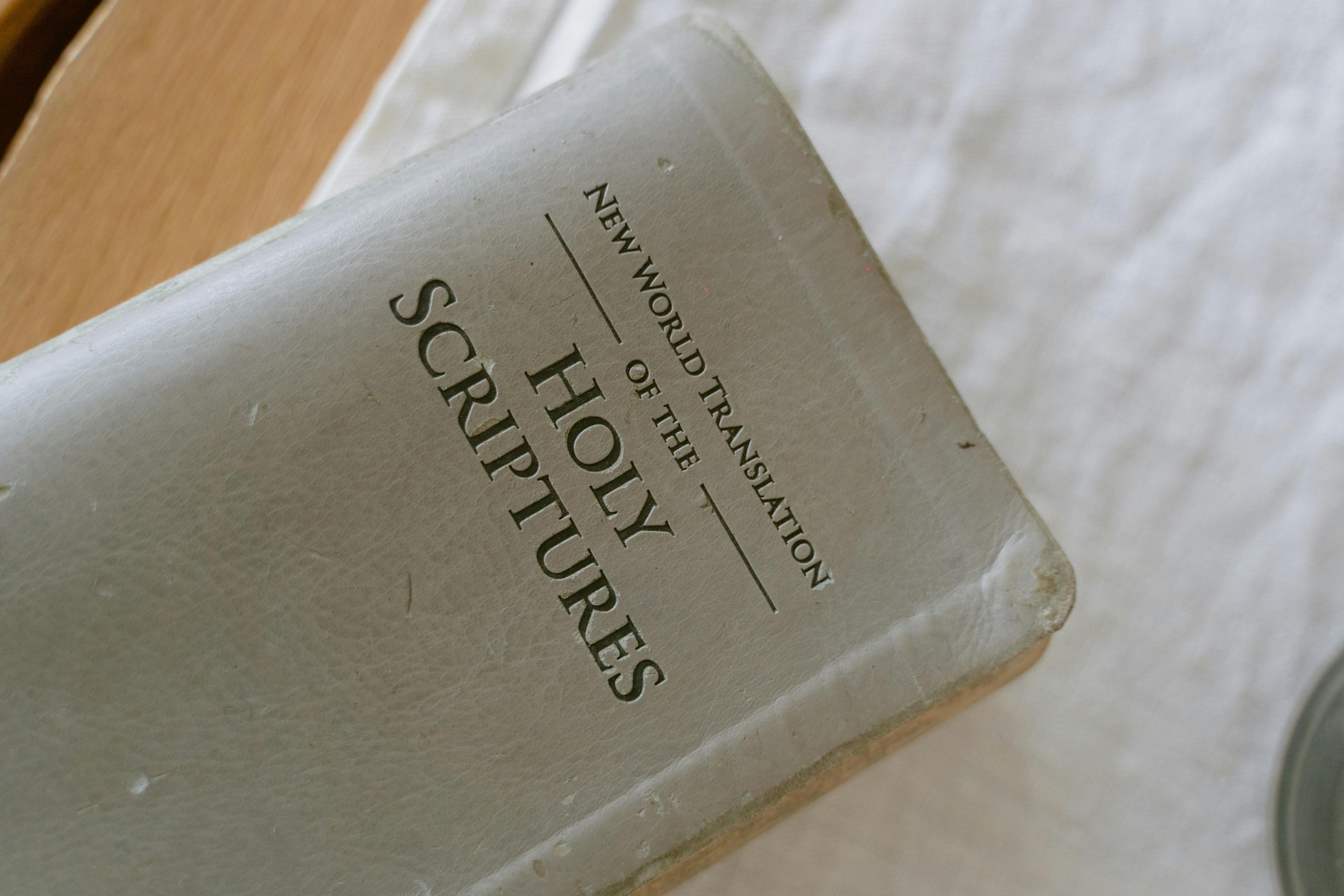
Section 107 of the US federal copyright law and your duty as a writer
Under section 107 of the United States Federal Copyright Act, there is a “fair use doctrine” that allows you to quote information from someone else’s work as long as you provide the source and give you credit. Good to know for an online writer because it gives you the ability to provide references and meaningful information to those who read your works.
Unfortunately, the fair use doctrine is being pushed to the limit with many online websites, online writers, and those selling PRL articles or proprietary tag content. What these people have been doing is collecting snippets of others’ works, putting them into articles, and selling them to unknown writers to put their names on. Or worse yet, split up thousands of articles and put them into searchable databases on a CR ROM for authors and writers to use to improve their work. I had once heard of an MIT project that took old quotes from famous people and I assume they were in the public domain; things that Thomas Jefferson, Benjamin Franklin, and Winston Churchill had said that the author could use.
Others are using this idea to program artificial intelligent robots so that they can interact with people. Of course, that makes sense now that the technology is under attack, as it clearly crosses the line of copyright law; Or do those who are doing this claim that they are within the law?
Some Berkeley kids came up with Genius software for MS Word that would do something similar and make the person look really smart. I also know that there is a program that writers can buy that has little snippets of history to make it sound smart. I hope this is all legit, but I can see how a “lazy” software programmer would just pick up sentences from news articles and use them.
Although I can tell you that many reporters also use them to make their stories faster. Which makes me wonder if the news source is copyrighted, they are writing what is already copyrighted over and over again, which was inevitably stolen from someone to make the show or article in the first place. place. It gets pretty weird.
The WSJ also did an interesting article on plagiarism and copyright issues on the net this week. In fact, it was our number one most viewed topic on our online think tank forum recently. Personally, as an amateur writer; I would never use these things, but for someone just starting out as a writer and to help fill out their articles with a more attractive substance, I can see the temptation, although if you don’t know who you’re getting it from, you might be putting your own hand in the copyrighted meat grinder too.
You know this is really a bummer, sad to see this continue. It really takes away from those who really work hard to make their work meaningful and spend time considering how they convey their message and really expose the creativity to express their point of view or tell important information. It is a pity that this happens. I understand why it’s happening, but I feel bad in the same way that many writers who have had their work stolen do over the whole thing. So consider this in 2006.





